Your Movie Tickets Aren't Too Expensive
Your Movie Tickets Aren't Too Expensive
In the August episode of The Blue Post Podcast, we discussed if it's still worth going to the movie theater. Inevitably, we spent some time talking about how much it costs to go see a movie today. I have studied ticket pricing in the past, and think I should have actually made this point in the episode, so consider this blog post an addendum. Your movie tickets aren't too expensive. Let's look at the data.
While I was researching movie theater attendance data for my piece on MoviePass, I happened upon NATO's (that's the National Association of Theatre Owners, not the North Atlantic Treaty Organization) tracking of the average movie ticket price in the United States. I decided to do a little test. Take the average price for a ticket in, say, 1948, and then use inflation to adjust that price over time. We get this handy little chart that shows us the difference between inflation, and the actual ticket price.
Average Price per Movie Ticket (United States)
Date from National Association of Theater Owners. Inflation calculated with http://www.usinflationcalculator.com
According to this, I'm wrong. Tickets are overpriced! Theaters have been gouging us since 1958! But, before we commit to that assertion, let's add in another variable: minimum wage.
Average Price per Movie Ticket & Minimum Wage (United States)
Minimum Wage data from the United States Department of Labor
Minimum Wage listed in italics.
As we can see in this chart, the average price of a movie ticket has been playing statistical tango with the minimum wage from 1948 to now. So, historically, we can see that 1 movie ticket is roughly valued at 1 hour of work at minimum wage. But even this chart isn't telling us the full story. If the average movie ticket price is still relatively close the the minimum wage, why does it feel like the theater is more expensive now than in the past?
There are two things working against the movie theater. The first is other forms of entertainment. Netflix has three streaming options–$7.99, $9.99 and $11.99–and it gives you the ability to stream more content than you ever could consume in a lifetime. Same with YouTube, and YouTube is (mostly) free! And as movie ticket prices have doubled, the suggested retail price of a major new video game from 2000 to present has consistently been between $49.99 and $59.99, effectively becoming less expensive over time when you factor in inflation (this is a good read if you're interested in video game pricing). And let's not forget the bargain $7 Blu-ray bin at Big Box Mart. Here, the competition has undercut the value of the ticket.
But to truly tell how much more (or less) expensive the movie ticket prices have been over time, we need to also consider what MeasuringWorth.com calls income value, which they define as the "relative average income that would be used to buy a commodity." Basically, income value doesn't tell you the inflation rate of money, but gives us a better idea of how much shit you could buy with it over time. This is the second thing that makes ticket prices seem too expensive.
Minimum Wage Purchasing Power in 2016 Dollars
Income Value calculated by MeasuringWorth.com.
As the chart shows us, as time has passed, the purchasing power of one hour at minimum wage has decreased dramatically over time. At it's peak, that $1.00 minimum wage in 1958 would enable you to buy roughly $20.70 worth of goods or services in 2016 dollars. So a job paying minimum wage today doesn't get you half as far as a job at minimum wage at its peak in 1958.
The reason why the movie theater feels more expensive now than in the past is simply the fact that Americans’ purchasing power has decreased over time. By extension, their disposable income—which includes the money spent to buy that movie ticket—has decreased as well. In essence, something as inexpensive as a movie ticket has become more costly.
And if you think that this is just liberal drivel about the minimum wage, here's a more depressing data figure:
In 1990 the Median Household Income in the United States was $52,684. Its income value in 2015 dollars would be $124,000. The Median Household Income in 2015 was only $56,516.
In short:
It's not that tickets are too expensive. You're paid too little.
